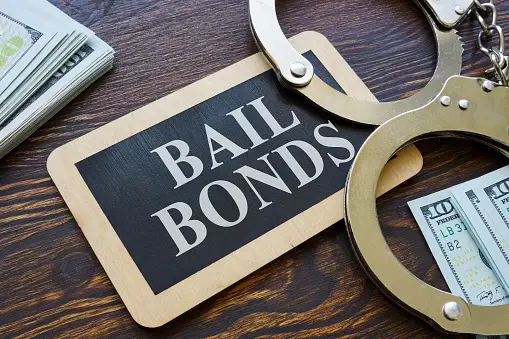Understanding Bail Types in Texas
Bail in Texas can be categorized into several types, including cash bail, surety bonds, and personal recognizance bonds. Each type serves a different purpose and has specific requirements that defendants must understand to navigate the bail process effectively.
For instance, cash bail requires the full amount to be paid upfront, while surety bonds involve a bail bondsman who guarantees the bail in exchange for a fee. Personal recognizance bonds allow defendants to be released without payment, based on their promise to appear in court. Understanding these distinctions can significantly impact a defendant's strategy and financial obligations.
Common Myths About Bail and Bond
There are several misconceptions surrounding bail and bond that can lead to confusion for defendants and their families. One common myth is that paying a higher bail amount guarantees release from custody, which is not always true as it depends on the nature of the charges and the judge's discretion.
Another prevalent myth is that bail is the same as a fine. In reality, bail is a temporary release mechanism ensuring the defendant's appearance in court, while fines are penalties imposed after a conviction. Debunking these myths is crucial for individuals to make informed decisions regarding their legal situations.
Factors Influencing Bail Amounts
The amount of bail set by a judge can vary significantly based on several factors, including the severity of the crime, the defendant's criminal history, and the likelihood of flight. Understanding these factors can help defendants and their families prepare for the bail hearing and set realistic expectations.
For example, a defendant with a prior record or facing serious charges may see a higher bail amount due to perceived flight risk or threat to public safety. Additionally, local bail schedules can influence amounts, emphasizing the importance of legal guidance in these situations.
The Role of a Bail Bondsman
A bail bondsman plays a crucial role in the bail process, particularly for those who cannot afford to pay the full bail amount. By securing a bond, the bondsman guarantees the defendant's appearance in court in exchange for a fee, usually a percentage of the total bail.
Choosing a reputable bail bondsman is essential, as they can provide not only financial assistance but also guidance through the legal process. It is vital for defendants to understand the terms of the bond and the obligations they incur, which may include check-ins and ensuring compliance with court dates.

